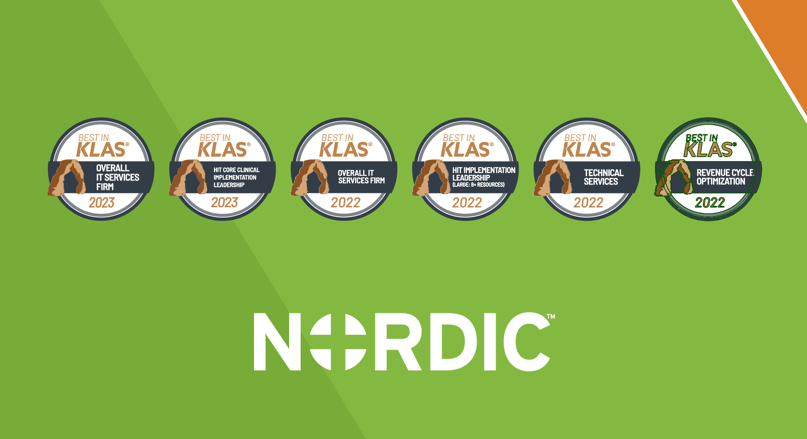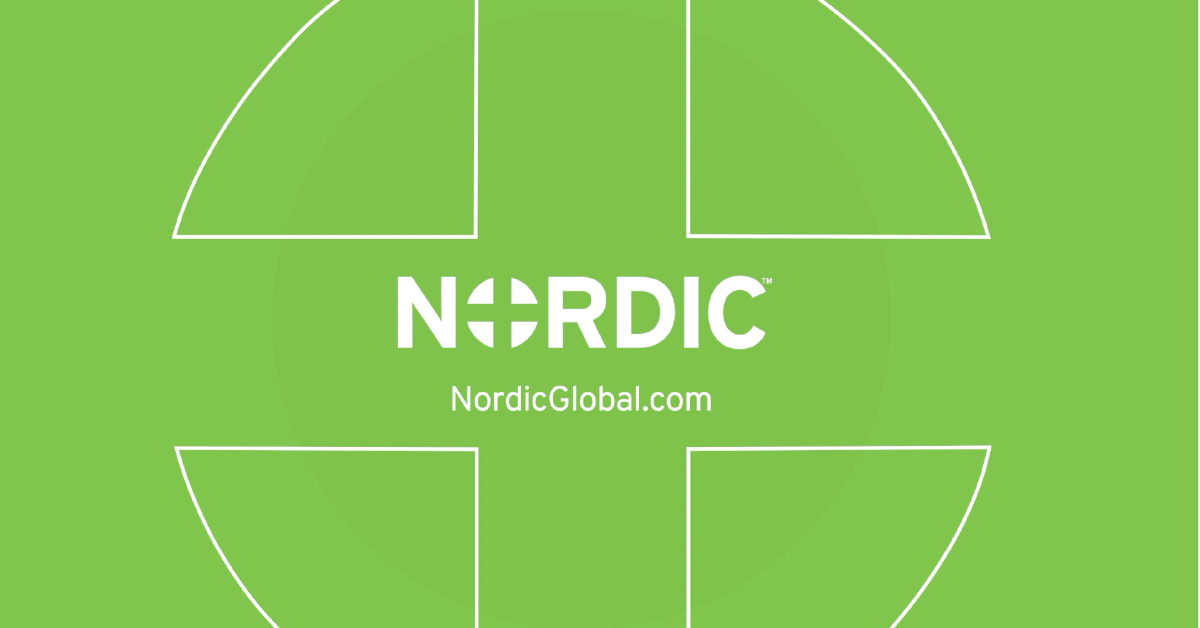If you’re thinking about consulting, you may be imagining the traditional schedule of traveling Monday through Thursday to your client site. But in fact, modern consulting offers many other opportunities for low-travel work, whether that’s working remotely or from the home office in our Managed Services division or securing a fully remote contract with a client.
In this blog post, we sat down with Kelly Jordan and Greg Jones, two Nordic consultants who have 100 percent remote contracts and excel in their jobs from the comfort of their home offices. If you have questions about remote consulting or any of our current openings, please don’t hesitate to reach out to our team.
Q: Why was a remote contract important or appealing to you as a consultant?
 Kelly: I am the primary caregiver for my children, so traveling full-time wasn’t really an option. When I started interviewing with Nordic in January 2015, remote contracts weren’t as common, but by that summer they were already much more acceptable in the industry. With Nordic, I’ve worked remotely as a principal trainer, analyst, and project manager. I’ve traveled only a few weeks total in the past three years.
Kelly: I am the primary caregiver for my children, so traveling full-time wasn’t really an option. When I started interviewing with Nordic in January 2015, remote contracts weren’t as common, but by that summer they were already much more acceptable in the industry. With Nordic, I’ve worked remotely as a principal trainer, analyst, and project manager. I’ve traveled only a few weeks total in the past three years.
Greg: I don’t have the family requirements that Kelly does, but I prefer remote work to traveling to the client every Monday and Thursday. I previously had a great contract out in Portland and was traveling there every week, but the four-hour flights back and forth were a challenge. I like remote work for the simple reason that I don’t have to spend eight hours a week on a plane.
I also have friends who wanted to go into consulting but had small kids, and they were worried that they wouldn’t be able to get into consulting because something was keeping them at home. Today, I think it’d be much easier for them to get into consulting with a remote contract.
Q: What do you enjoy about consulting for the client from home?
Kelly: I love that I can be at my desk, in my house, with all my monitors and equipment and personal set-up. I work well in a quiet environment. Especially when you’re doing something like analyst work that requires deep concentration, working from home can be invaluable for your efficiency.
In this way, working from home also benefits my clients because I can be so focused. I have the best of both worlds: I get to be in an environment where I work on interesting topics with great people, but I also get to work from a quiet, beautiful space with large windows and pick up my kids from school each day.
Greg: Similarly, I like that if I get bored in my home office, I can go to a coffee shop and change my environment without having to stop my work. When you’re traveling, you’re often in a hospital basement surrounded by computers, and if you want to take a break, you have to take 20 minutes away from work to walk outside. At home, I can take an environment “break” that doesn’t take me away from my projects.
Q: How did you work with Nordic to secure a remote contract?
 Kelly: I have a slew of applications I support, and that definitely helps me to secure remote work. Getting remote work is more of a challenge than being open to any contract, so you have to be flexible. I also have a relatively broad range of things that I can do – I have a lot of certifications, but I can also do training, project management, or application coordinator work. People who have a broad range of skill sets are going to be more successful in finding work, and sometimes it’s still up to the market in terms of timing and what’s available.
Kelly: I have a slew of applications I support, and that definitely helps me to secure remote work. Getting remote work is more of a challenge than being open to any contract, so you have to be flexible. I also have a relatively broad range of things that I can do – I have a lot of certifications, but I can also do training, project management, or application coordinator work. People who have a broad range of skill sets are going to be more successful in finding work, and sometimes it’s still up to the market in terms of timing and what’s available.
Of course, people should remember that they can also apply for a Managed Services position and work remotely or from the home office, too. I have some constraints that don’t lend themselves to that position at this time, but it’s a wonderful option if it’s a fit for you.
Greg: I’m also open to traveling, but I let my practice manager know that I’m interested in remote work if it’s available. I also have a ton of certifications like Kelly does, which increases the pool of potential contracts.
Q: What types of consulting contracts lend themselves best to remote work?
Kelly: Environments where many people are already remote work easily. In those cases, everyone is used to it: Everyone sees the same shared screens during meetings or one-on-one, they use IM to ask quick side questions, and no one has to walk between buildings for meetings. There are more challenges to overcome when you’re the first remote person they’ve ever had.
Q: When you are the only person who’s remote, how do you handle that?
Kelly: Communication is key. Summarize takeaways and responsibilities in emails. Follow up one-on-one when you get a sense that there was disagreement or uneasiness in the room on a call. Don’t put off hard conversations. If you have to talk about something challenging, have the attitude of, “I’m really glad we’re talking about this now instead of even further down the line!” and be positive about it. You need to be someone who can communicate with their tone and hear other people’s nonverbal communication through their voices. That skill is very helpful to get a sense of when someone is unclear about direction or shaky about an upcoming deadline. Working remotely allows you to pay attention to communication styles of different people on your team and talk to them individually in the style that works best for them.
Q: What other advice do you have for being successful when you work remotely?
Greg: Even though I live alone, I always try to get a two-bedroom apartment. When I was initially doing remote work, I was living in an apartment where my office and bedroom were in the same room. It was pretty hard to roll out of bed and get into the mental space to start work two feet away. You need the ability to differentiate between the place you sleep and the place you drink coffee, get work done, respond to emails, etc. Working in coffee shops is also really good for that. If you can afford it, it’s nice having extra rooms to break up the tedium of working in your house.
Kelly: Get your two monitors, have your computer set up, and have all of that technology at your fingertips during meetings so that you can answer questions on the fly. It can be even more efficient than being onsite to have that whole setup in front of you at home.
Q: How do you make sure to form bonds with people on your team from afar?
Kelly: I really enjoyed the people I worked with. I found it easier to bond with people as a remote person when I had the opportunity to frequently work with people one-on-one or in small groups. After getting to know them, I found they would open up more easily on an individual call or IM than together in an office setting.
If it’s a culture that uses instant message, I would use that to get to know people, ask quick questions, and build rapport. It’s much easier to get to know people on a personal level when you have that easy back-and-forth via IM.
Greg: It can be more work to get to know people over IM or calls, but once you put in that work, the relationships can be more meaningful. You just have to remember to put in the work – so don’t just say, “Hey, can you send me that file location, thanks, bye.” Make an effort to start a real conversation and not just be a text bubble.
Kelly: I’ll share an anecdote: When I moved away from Madison, I took only one week off. When I set up my new home office in Maryland, it was as if nothing had changed in my work life. Usually when you move halfway across the country, you’re also changing jobs and upending your whole life. It was so nice to log in and have my same coworkers and relationships and routine from a completely different location.





